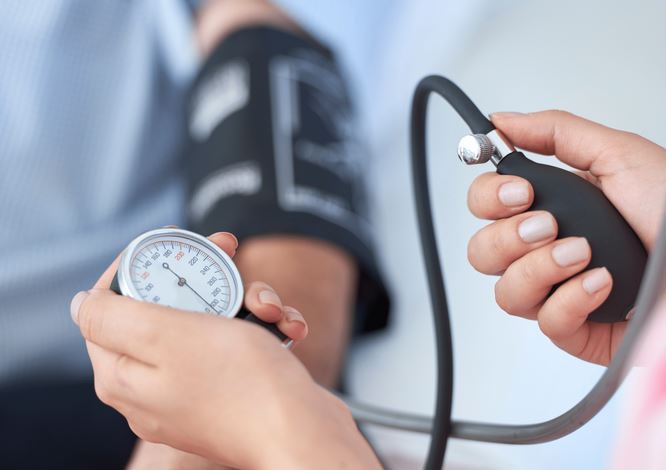HEALTH

HIGH BLOOD PRESSURE IN CHILDREN: EXPERTS URGE EARLY SCREENING TO PREVENT DEADLY MIDLIFE HEART DISEASE
Health experts are sounding the alarm over the urgent need for blood pressure screening in children, following a major study that links childhood hypertension to fatal heart disease in adulthood.
The groundbreaking research, led by scientists at Northwestern University in Chicago, tracked 38,000 children who had their blood pressure measured at age seven. Over a 54-year follow-up period, those with elevated readings were found to be up to 50% more likely to die from cardiovascular disease before reaching their mid-50s.
A Silent but Serious Risk
High blood pressure (hypertension) is often called the “silent killer” because it rarely causes symptoms until serious damage occurs. In children, the danger can go unnoticed for years — setting the stage for heart attacks, strokes, kidney failure, and dementia later in life.
Dr. Alexa Freedman, the study’s lead author, said the team was struck by how strongly childhood readings predicted future health:
“Having hypertension or elevated blood pressure as a child may increase the risk of death by 40 to 50 per cent over the next five decades of an individual’s life. Our results highlight the importance of screening for blood pressure in childhood and focusing on strategies to promote optimal cardiovascular health beginning in childhood.”
Global Gaps in Screening
Despite the risks, routine blood pressure checks for children are not standard practice in many countries.
In the United States, the American Academy of Pediatrics already recommends annual checks starting at age three.
In the United Kingdom, blood pressure is only measured if a specific medical concern arises.
Experts say this gap leaves many children vulnerable.
Professor Bonita Falkner of Thomas Jefferson University added:
“The results of this study support monitoring blood pressure as an important metric of cardiovascular health in childhood.”
Why Early Detection Matters
By catching elevated blood pressure early, children can be guided into heart-healthy habits, such as:
Eating a balanced, low-salt diet
Staying physically active
Maintaining a healthy weight
Avoiding smoking and excessive screen time
These simple steps can significantly reduce the risk of long-term health complications.
The Bottom Line
This new research, published in JAMA and presented at the American Heart Association Hypertension Scientific Sessions 2025, confirms what many doctors have long suspected: heart disease prevention must begin in childhood.
For parents, teachers, and health authorities, the message is clear — a quick blood pressure check today could save a child’s life tomorrow.
"This represents a significant development in our ongoing coverage of current events."— Editorial Board









